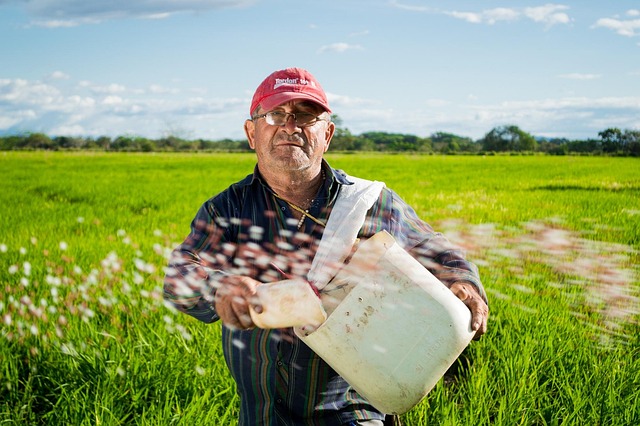In our fast-paced world, the quest for sustainability and circularity in our vegetable gardens is more critical than ever. As gardeners, we have a unique opportunity to work harmoniously with nature, cultivating not only our plants but also our relationship with the environment. Embracing this green approach allows us to nurture the earth while producing healthy, organic vegetables and fruits.
The Heart of Sustainability
Sustainability in gardening means adopting practices that do not deplete the earth’s resources, ensuring that our gardening habits can be sustained for generations. By implementing eco-friendly techniques, you can create a thriving vegetable garden that contributes positively to the ecosystem. Techniques such as composting kitchen scraps, using rainwater for irrigation, and choosing native plants can significantly reduce your garden’s environmental impact.
Understanding Circularity
Circularity in gardening builds on the principles of sustainability. It involves creating a closed-loop system where waste is minimized, and resources are reused. For example, instead of discarding plant trimmings and vegetable scraps, consider creating a compost pile that can feed your garden for years. This transformation of waste into valuable nutrients reflects a commitment to nature and supports the principle of nurturing a cycle of life within your garden.
Eco-Friendly Gardening Practices
To cultivate a greener vegetable garden, start by selecting organic seeds and plants. Organic gardening avoids harmful pesticides and promotes biodiversity, allowing other beneficial insects and wildlife to flourish. Incorporating companion planting—growing different plants together for mutual benefit—enhances soil health and deters pests without chemicals.
Another invaluable practice is crop rotation, which prevents soil depletion and pest buildup. By changing the location of specific crops each growing season, you not only maintain soil fertility but also promote a balanced ecosystem. Utilizing sustainable methods like these can yield bountiful harvests while respecting nature’s delicate balance.
Connecting with Nature
Gardening is as much about connection as it is about cultivation. Being present in your garden allows you to witness the beauty of nature in action. Observing the interactions between plants, soil, and wildlife inspires a deeper appreciation for our environment. Each time we plant a seed, we are not merely sowing for ourselves; we are contributing to a larger narrative of coexistence, nurturing life in all its forms.
Encouraging Biodiversity
Promoting biodiversity is a crucial aspect of sustainable gardening. By planting a variety of vegetables and fruits, you create a habitat for beneficial insects and other wildlife. This approach not only enhances your garden’s resilience but also makes it more beautiful and productive. Think of your garden as a mini-ecosystem, where each plant plays a vital role in supporting the whole.
As you engage with your garden, remember that each small step contributes to a larger movement towards sustainability and circularity. Embrace environmentally conscious gardening practices, and you can make a positive impact on the planet while enjoying the fruits of your labor.




